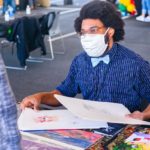
Artists, cosplay, panels, vendors, and more!
The Dig - Greater Boston's Alternative News Source
Written by SHIRA LAUCHAROEN Filed Under: LIFESTYLE

Artists, cosplay, panels, vendors, and more!
Written by SHIRA LAUCHAROEN Filed Under: Film

Screenings and an author book talk
Written by SHIRA LAUCHAROEN Filed Under: Performing Arts
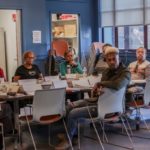
Explore the text behind this ArtsEmerson production
Written by SHIRA LAUCHAROEN Filed Under: Books
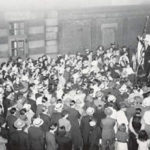
Thousands of Bostonians, including many cops, were active members of an antisemitic Catholic fascist organization in the opening years of WWII
Written by JOSEPH NEVINS Filed Under: A+E, Books
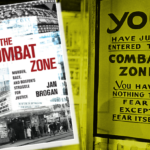
Jan Brogan’s new book on Murder, Race, and Boston’s Struggle for Justice
Written by RICH TENORIO Filed Under: Books

“I tried to reclaim power in that story of being outed and that word from people in my community.”
Written by PETER BERARD Filed Under: Books

Magic shenanigans are the order of the day in this new fantasy novel set in an alternative-universe Cairo
Written by CHRIS FARAONE Filed Under: A+E, Books

“I thought maybe I could just talk to people for two years and report back about what happened, but then I started seeing all this research and it started to explain why I enjoyed having these interactions.”
Written by DERIN BRAY & MARGARET HODGES Filed Under: A+E, Books, FEATURES
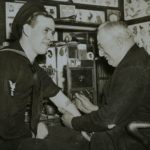
Edward Liberty’s Boston location gave him fresh proximity to his maturing sons and influence upon them
Written by RICH TENORIO Filed Under: A+E, Books

An interview, an author, and 500 local innovations
